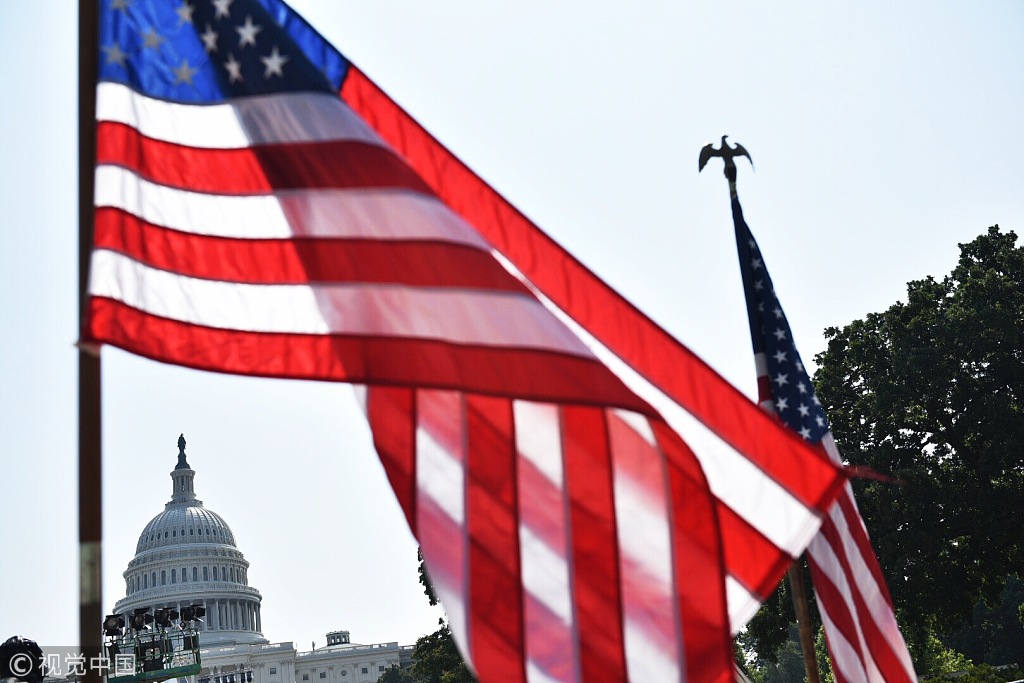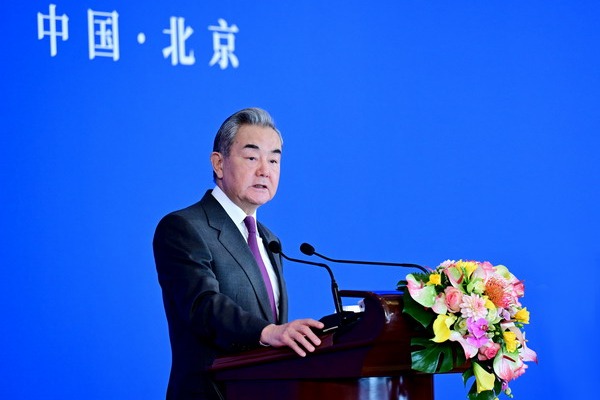US steps up Taliban peace talks with role for former ambassador


The White House is seeking to put the weight of a former US ambassador behind peace talks by appointing Zalmay Khalilzad as its special envoy on Afghanistan.
It comes as the Taliban has intensified attacks against the Kabul government despite their earlier dialogue with a US diplomat in Qatar. Formal talks between the Afghan government and Taliban representatives started in 2015 in Islamabad, but they came to a stalemate.
Although recent talks have brought no changes in the decision of the Taliban's leadership toward the country, Washington has signaled its seriousness regarding negotiations by sending Zalmay Khalilzad, the former US ambassador to Afghanistan and Iraq.
Khalilzad, a 67-year-old Afghan-American, is from the ethnic Pashtun majority and close to President Ashraf Ghani. He served as George W. Bush's Special Presidential Envoy for Afghanistan from 2001 to 2003 and as US ambassador to Afghanistan from 2003 to 2005.
Now the question is whether his re-appointment as Washington's special envoy, quoted by Reuters from two unnamed US officials without formal confirmation from White House, will put an end to the protracted war in Afghanistan.
The Taliban carry out an ideological war and they are not concerned about race or nationality. That is to say, if the Taliban took the ethnic background of political figures into consideration, they would not refuse the olive branch from former president Hamid Karzai or Ghani, both of whom are Pashtun.
Similar weight
In 2016, Ghani signed a peace agreement with a former warlord from Pashtun ethnic group Gulbuddin Hekmatyar, the leader of Hezb-e-Islami Afghanistan, to employ his leverage in persuading the Taliban to hold talks.
Hekmatyar, whose men fought against Karzai's government, joined the peace process and urged the Taliban to follow his footsteps. However, the Taliban slammed him and refused his offer and that of the Kabul government.
Khalilzad carries similar weight and his appointment will not bring an end to the protracted war in Afghanistan since the Taliban prefer ideology to ethnicity. Above all, Karzai called the Taliban "discontented brothers" rather than an enemy and left no stone unturned to bring them to the peace table, but all was in vain.
Worse, unlike the previous short-term Eid cease-fire, the Taliban on the recent holiday held out against a cessation by the government and continued their insurgency.
Unconditional talks with the Taliban will be a win-lose game since only the Taliban have been the beneficiary of the talks so far as their prisoners were released by the past and present government as privilege.
To push the talks forward, regional and neighboring countries should participate in the peace process and employ their leverage on the Taliban or else it will be no more than empty talks. If the talks ever come to fruition, it will still be a pyrrhic victory for the Afghan people, who have been suffering severely.
The author is a columnist for Daily Outlook, an independent newspaper in Afghanistan.

































